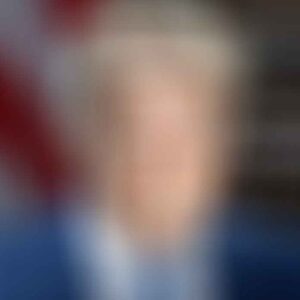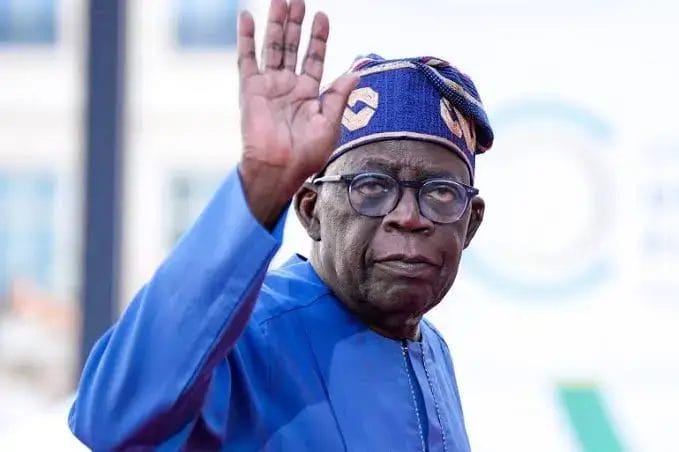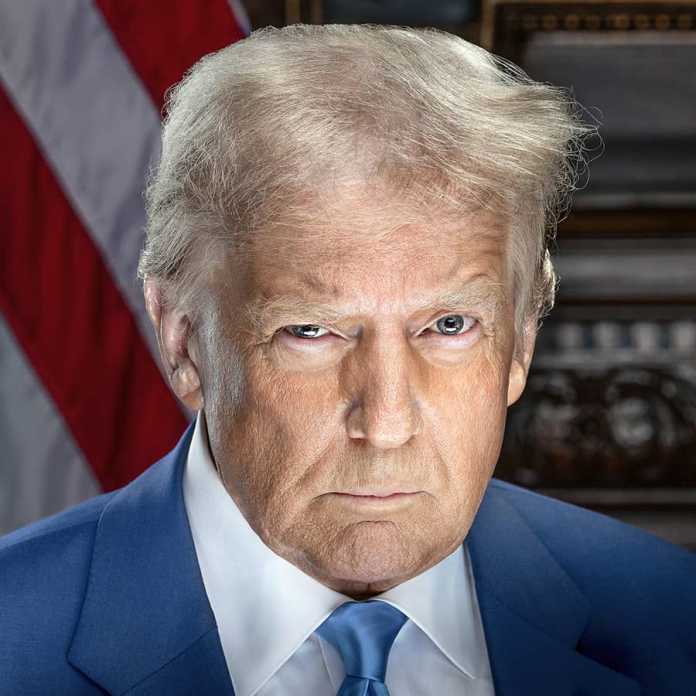
By Leo Igwe
President Trump’s designation of Nigeria as a country of particular concern comes at a time when this West African nation is grappling with enormous freedom of religion or belief (FORB) issues. Nigeria has clearly demonstrated its unwillingness and limited ability to tackle radical Islam and uphold the freedom of religion or belief of all its citizens. In his post on X, Trump stated that he was blacklisting Nigeria because radical Islamists had been killing and persecuting thousands of Christians in the country, and the government of Nigeria had done little to address the problem. Is this not a fact? A Country of Particular Concern is a designation by the US Secretary of State of a country that has engaged in severe violations of religious freedom. Let’s face it. There have been severe religious freedom violations in Nigeria, and the government has been a perpetrator or an enabler of these violations. So instead of engaging in subterfuge or in the game of distraction, denial, or minimization of the violations, Nigeria should see this designation as an opportunity and face up to its failures to tackle radical Islam in its state and non-state forms in the country. Nigeria should use this designation to confront and address lingering freedom of religion or belief (FORB) infractions. And there are many of them.
Unfortunately, Nigeria might not seize this opportunity as expected for the following reasons. First of all, radical Islam is indistinguishable from mainstream Islamic religion in the country. The distinction between extremist and moderate Islams is academic. It is not clear where Islam stops and radical Islam begins. Some muslims who describe themselves as moderates support that apostates and blasphemers be killed and homosexuals be exterminated. At independence, Nigeria inherited a radical form of Islam, which is a form of Islam that is promoted with force and violence. The post-independence Nigerian history has been marked by widespread religious violence, conflict, and bloodshed. So radical Islam constitutes a way of life, a religious norm in the country. Radical muslim preachers operate freely. They have their mosques and millions of followers in the country. Radical muslim clerics incite and perpetrate violence with impunity as a part of the everyday preaching and practice.
Also, as a result of pressures from the Islamic establishment, the Nigerian government has been reluctant to call out radical Islam and radical Islamists. There is no official acknowledgment of radical Islamic infractions and abuses. Boko Haram militants have been waging a campaign to implement sharia law and impose an Islamic state. But the Nigerian government prefers to misrepresent the jihadist intent and mission. It does not want to acknowledge the Islamic component, element, and motivation of Boko Haramists and their allies. State agencies describe them as insurgents and bandits, as common criminals. Yes, jihadists and Islamists are criminals. But they are criminals with an Islamic agenda.

In his response, the Nigerian President, Bola Tinubu, has pushed back on the designation. He described it as unreflective of “our national reality”. I mean, which national reality is President Tinubu talking about? Are radical Islamists not attacking and killing Christians in Nigeria? Is that not the national reality? Some people have argued that Trump sided with Christians, that jihadists are also killing muslims, and in fact they have killed more muslims than Christians. Incidentally, that reaction validates the position of Trump and the US government. It acknowledgments that radical Islam poses an existential threat to Nigeria and Nigerians.
In his statement, Tinubu further noted that Nigeria is a democracy governed by constitutional guarantees of religious liberty. But this guarantee is in principle not in practice; it is in theory not in fact. In practice, the government is in breach of this provision, and its responsibility to protect the FORB of all Nigerians. Nigerians who are born into muslim families cannot leave their faith. Nonmuslims cannot freely express their beliefs or practice their faith in Sharia-implementing states. Muslim mobs have attacked traditional religious worshippers. Many people have been accused, attacked, and murdered for blasphemy in Northern Nigeria. Muslim students murdered a christian lady Deborah Samuel in Sokoto. Muslim mobs killed Pastor Shuaibu in Kano, Ammaye, a food seller, in Niger state, and no one was brought to justice. Instead, Sharia governments have arrested, prosecuted, and jailed alleged blasphemers. These legal and judicial anomalies must stop.
The government of Nigeria should not waste money sending delegations to Washington DC to lobby the Trump administration. It should invest the resources in furthering religious liberty and bringing radical islamists to justice. President Tinubu should end the chislamic politics that focuses on appeasing leaders of these two main religions. His government should abolish blasphemy and apostasy laws, punish perpetrators of abuses linked to blasphemy and apostasy, including the ‘desecration’ of the Quran.
Nigeria should protect the FORB of all Nigerians, including traditional religious worshippers, religious dissenters, atheists, and nones.
Leo Igwe is a humanist and scholar of religion.
Discover more from The Maravi Post
Subscribe to get the latest posts sent to your email.



